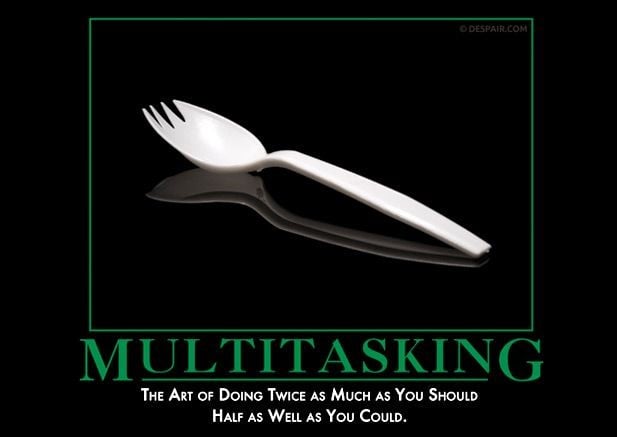By Paige Hackney
Being a successful and productive student is a combination of many factors and decisions all working in concert to culminate in a fulfilling academic career. To be a well-rounded and successful student requires selecting a major that fulfills your interests and future career plans, balancing academic requirements and pressures, finding time for relaxation and fun, engaging in activities that bring you joy, and making and enjoying friends. When I was a student in the late 70’s, a student’s main “job” was to go to class, study, do homework, perhaps work a few hours a week, and enjoy new friends. In short – be a student. It strikes me that much more is expected of today’s student than the student of my day. Most of today’s students appear to balance studies with more time-consuming and often multiple jobs, involvement in several organizations, and engaging in community service activities, all while setting aside time to spend with friends. This increased demand on the finite resource of time can lead to stress which in turn can lead to the ineffective use of that time.
How can students develop effective time management skills that minimize stress and provide optimal results in the classroom and/or on the job coupled with a satisfying social life and a positive sense of self? While each student will bring a unique ability to manage time, based in part on personality (Type A versus Type B), there are strategies that any student can implement to improve their use of this all important finite resource that we each have in the course of a day. I would like to explore some simple strategies for effective time management that may help you make more efficient and productive use of your time that should decrease stress and increase performance in your studies and overall satisfaction with life.
The first and most intuitive step is to prioritize tasks. When considering multiple tasks, consider deadlines and magnitude of tasks that need to be accomplished. And by all means, do not procrastinate. Use and regularly check a calendaring system to ensure that nothing slips through the cracks. I like to use the analogy of having multiple Saturday errands to run in a single trip. If I find that I need to go to the bank, pharmacy, grocery store, and drop off garbage, I always think about how best to manage my route and stops. Multiple factors will figure into my chosen route and sequence of chores based on immediate needs (Do I need cash from the bank to complete any of the other tasks on my list or am I getting cash for an upcoming trip in a few days), the season (do I want to avoid smelly garbage and melted ice cream in my car in summer) and ease of negotiating my chosen travel route through busy intersections (stop light placement, on what side of the street are my destinations located). In summer my route is often different than in winter based on logistics, priorities and conditions.
The second, and perhaps the most difficult strategy is: Don’t procrastinate. Few people actually perform better under pressure in a short period compared to a longer span of time. It is easy to fall into this trap especially when having to choose between taking on the task at hand rather than doing something more attractive and fun. Procrastination only leads to stress and leaves little, if any, time to learn from unanticipated results and make corrections to produce a better end product or start over.
 My third suggestion is to avoid multitasking and focus on one assignment at a time and do it well. Studies show it usually takes longer to complete multiple tasks simultaneously than it does to complete several tasks singularly. This phenomenon is due to the additional time required to refocus when transitioning back and forth between tasks.
My third suggestion is to avoid multitasking and focus on one assignment at a time and do it well. Studies show it usually takes longer to complete multiple tasks simultaneously than it does to complete several tasks singularly. This phenomenon is due to the additional time required to refocus when transitioning back and forth between tasks.
Don’t forget to take care of your basic needs when you have many things to accomplish. Getting adequate sleep does take time; however, sleep is a source of rejuvenation for the mind as well as the body. Sleep provides the resources to think more clearly, organize thoughts more efficiently and learn and retain information more easily. If you do find yourself stressing over a daunting to-do list, take time to relieve the added pressure by engaging in some form of exercise or meditation. Exercise is not only good for the heart and overall personal wellbeing and health, but also improves brain function to spark memory and general brain function. Engaging in a regular exercise regimen has scientifically-proven long-term benefits including longevity, improved memory and enhanced thinking skills.
On those busiest of days, don’t forget to take time to enjoy life with friends. Social engagement is as basic a human need as eating and sleeping and should be regularly worked into your schedule to foment success. Taking a break to enjoy dinner with friends may be all that is necessary on a hectic day to help you relax, redirect energies and ultimately refocus.
While these strategies seem simple and intuitive, they will require a conscious effort to implement for most people. However, the added benefit you will find in your personal and academic life will be significant.
